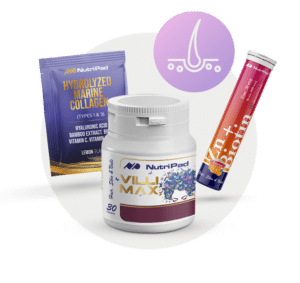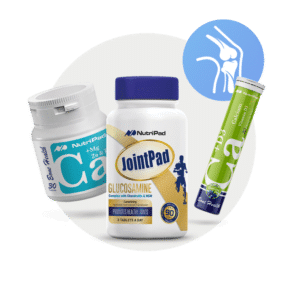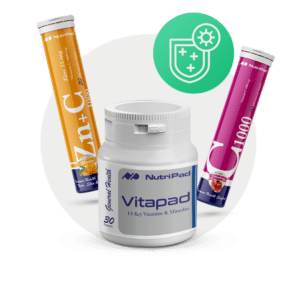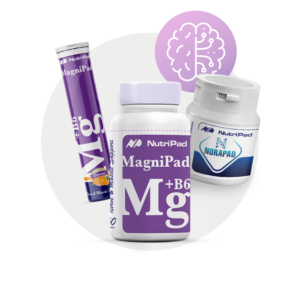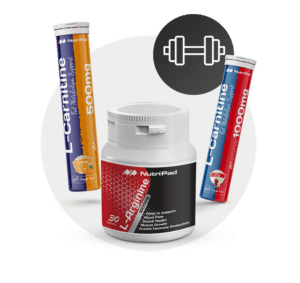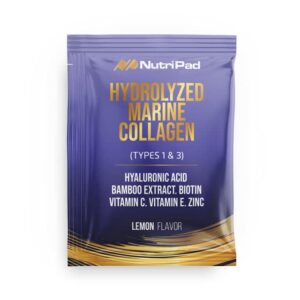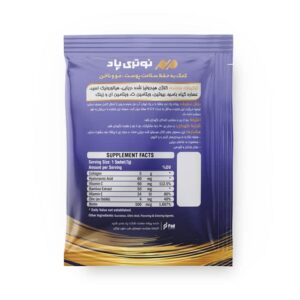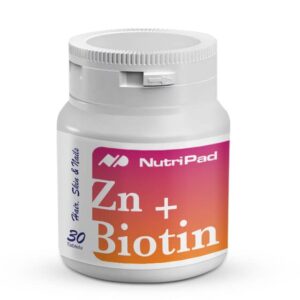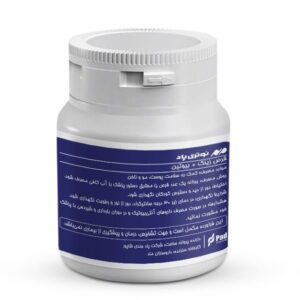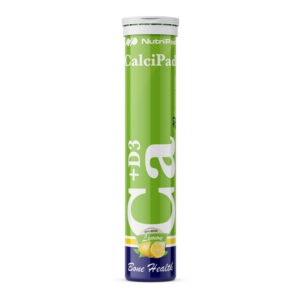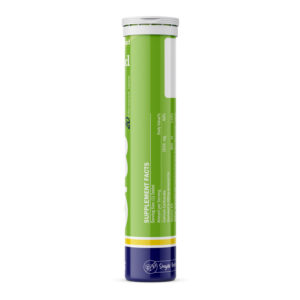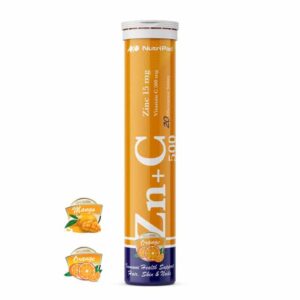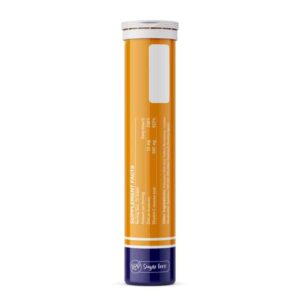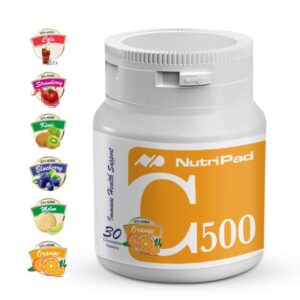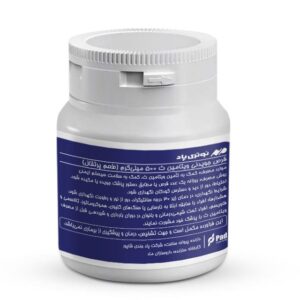Collagen as a supplement
Collagen is the most abundant structural protein in the body, which is present in the skin, bones, cartilages, blood vessels and connective tissues such as tendons and ligaments. Different types of collagen are somewhat different from each other in terms of properties. Some types of collagen are present in the stronger and harder structures of the body, such as bones, and other types play a role in creating flexibility, for example, in the skin, they make the skin more flexible. In general, collagen type 1 and 3 are the most abundant types of collagen in the body. After the age of 20, we lose 1% of our skin’s collagen every year, and this phenomenon is part of the natural skin aging process, which ultimately leads to an increase in skin wrinkles and skin aging. The body is capable of making collagen, but only if it has the right building blocks, namely amino acids, which are used in the synthesis of collagen. Amino acids are available to the body through proteins in the diet such as meat, beans, egg whites, dairy products, etc. The quality of these proteins is not the same as the body’s collagen due to the similarity of the amino acids used in them. One of the best types of collagen in this regard is collagen obtained from marine sources, which contains the highest amount of type 1 and type 3 collagen (the most abundant types of collagen in the body).
Collagen: Scientific evidence of effectiveness
Studies and clinical trials have shown that taking collagen as a supplement helps to build collagen in the body and strengthen collagen-containing structures such as skin, bones and cartilages by providing a suitable combination of amino acids. In particular, the hydrolyzed type of collagen is more easily absorbed and the amino acids that reach the body in this way are easily used for the production of collagen in the body. Enhancing the production of collagen in the body can help to increase and improve the flexibility of the skin, enhancing its hydration and increase freshness, softness and youth.
Collagen is also an important component of bone structure. In people suffering from osteoporosis or decreased bone density, the consumption of collagen along with calcium and other necessary vitamins produces better results in improving bone density. The consumption of collagen can speed up the repair of bone fractures and the repair of soft tissue injuries (for example, damage to tendons and ligaments). Collagen also improves joint problems such as osteoarthritis, because collagen is an important part of the cartilage. Collagen is also a very high-quality protein that athletes can use to provide the protein they need, and if combined with strength training, it can lead to an increase in muscle mass.
The effectiveness of collagen increases in combination with some other substances. Some of these substances that may be combined with collagen in supplements containing collagen are:
– Vitamin C: Vitamin C is necessary for the production of collagen in the body, and in the absence of it, collagen is not produced properly. Vitamin C has strong antioxidant effects and neutralizes the effects of harmful substances (such as free radicals) on the body and skin.
– Vitamin E: Vitamin E is also one of the important vitamins for skin health. Vitamin E has strong antioxidant effects and prevents the effects of harmful substances on the skin. Vitamin E also helps to make collagen.
– Zinc: Zinc is essential for all tissues of the body in which cell proliferation is high, and the most important of these tissues are skin and hair cells. Zinc is also necessary for the production of collagen. This element also has antioxidant effects.
– Hyaluronic acid: Hyaluronic acid is one of the important components of the extracellular space, which is present in different tissues of the body, including skin tissue. Hyaluronic acid plays a role in creating the flexibility and elasticity of the skin. The presence of hyaluronic acid along with collagen helps to strengthen its beneficial effects.
– Bamboo extract: Bamboo is a plant that has attracted the attention of researchers in the last few years. This plant contains very valuable nutrients. The nutritional value of bamboo is so great that some creatures such as panda bears and breeds of Indian elephants supply their nutritional needs from bamboo plants. Silica is one of the effective substances found in the bamboo plant, which is considered to have anti-aging properties. Bamboo also contains various minerals such as magnesium, potassium and manganese and is actually a mineral collection of natural origin. Bamboo helps the reproduction and regeneration of skin cells. Bamboo extract is also a strong antioxidant. It is believed that bamboo extract helps to build collagen and proliferation of fibroblast cells. Therefore, bamboo has many beneficial effects on skin, hair, nails, bones and joints.
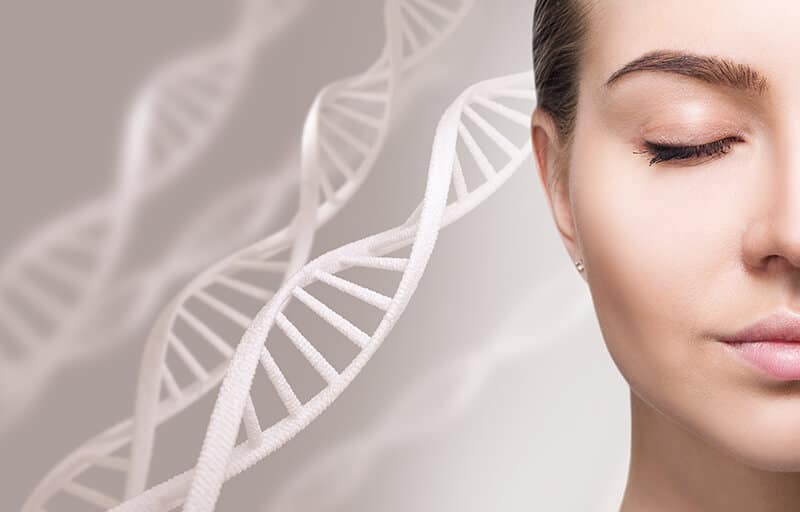
In general, the following effects have been listed for collagen as a supplement:
– Improving skin moisture retention and elasticity
– Prevention of wrinkles and premature aging of the skin
– Increasing the strength and growth of nails
– Helping hair growth and improving the thickness of hair strands
– Help to improve the strength of bones
– Help increase body muscle mass
– Help maintain strength and prevent vascular fragility
– Use as a source of quality proteins in sports and weight loss diets
How much and for what duration take collagen?
Collagen has generally been investigated and found to be effective in doses ranging from 2.5g to 15g per day.
It is necessary to continue taking collagen for at least 2-3 months to see its beneficial effects, but taking it for longer periods may produce better results.
Does collagen have any side effect?
Collagen may cause allergic reactions and digestive complications in exceptional cases. Marine collagen should be consumed with caution in case of a history of seafood allergy. Consult your doctor or pharmacist in case of side effects with the use of any medicinal product or supplement.
Are there any contraindications or cautions for collagen?
Yes
– If you have kidney failure or liver failure, consult your doctor before taking collagen.
– If you have a history of allergy to collagen or seafood, avoid using collagen.
– Consult your doctor or pharmacist before taking collagen during pregnancy or breastfeeding.



